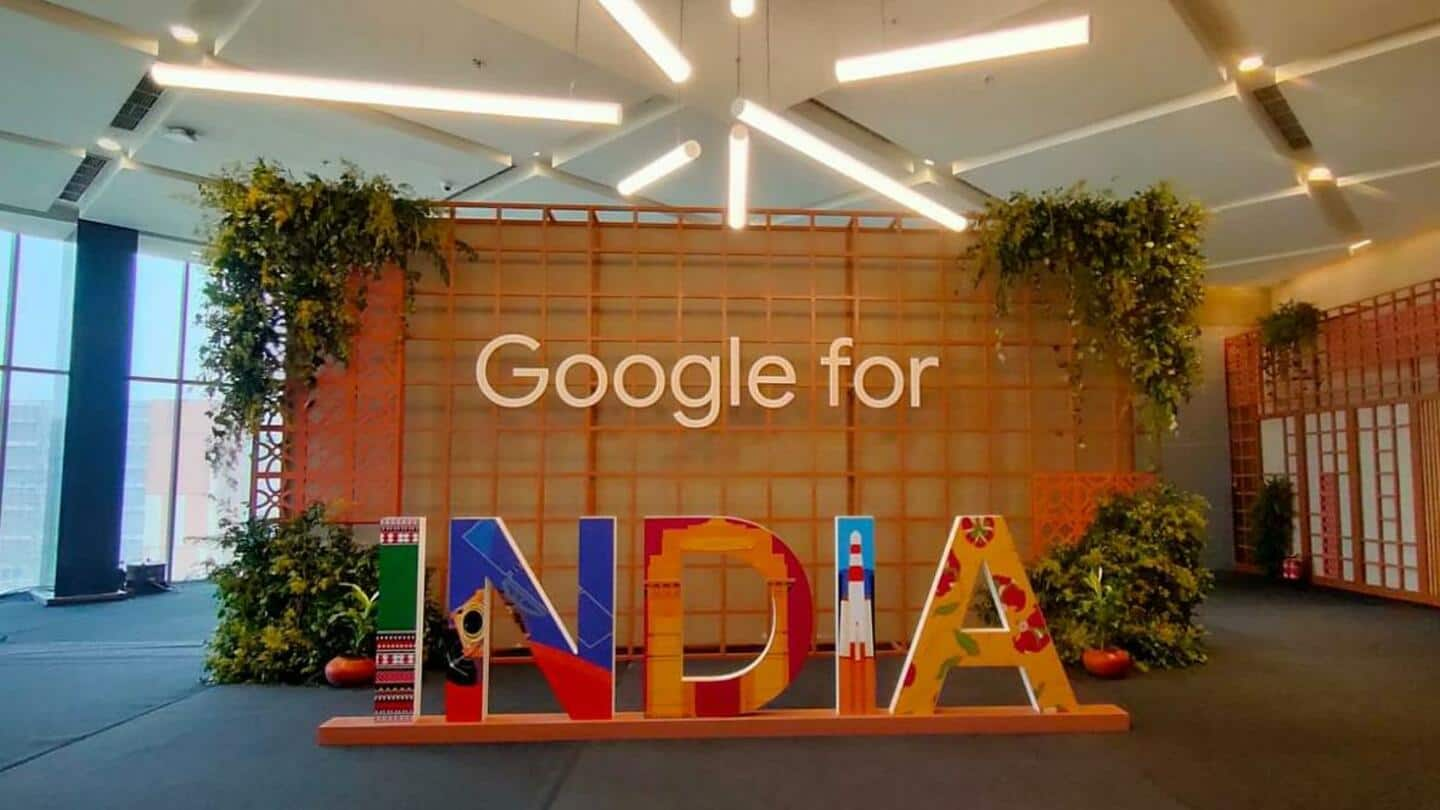
Google makes sweeping changes to the Android ecosystem in India
What's the story
Last week, the Supreme Court of India refused to entertain Google's plea against a Competition Commission of India (CCI) order asking the company to change its business practices related to Android. The court gave the tech giant a week's time to comply with CCI directives. On the eve of the deadline, the company announced fundamental changes to Android licensing in the country.
Context
Why does this story matter?
Google is facing a slew of antitrust actions in multiple jurisdictions. The company will be worried about the implications of India's competition watchdog's directives related to Android in other jurisdictions. Other countries might get inspired by CCI's order and impose similar restrictions on the firm. For all we know, we might be nearing the end of Google's Android monopoly.
Changes
Smartphone vendors can license individual Google apps
Google is bringing changes to its agreements with smartphone manufacturers and other stakeholders in India. Some of the changes have direct implications for users, while others don't. In line with the CCI ruling, Google will not make pre-installing its bouquet of apps a pre-requisite for smartphone vendors. OEMs will be able to license individual Google apps for pre-installation on their devices.
Play Store
Manufacturers can build forked versions of Android
The CCI had ordered against making access to Play Service API conditional on installing a bundle of Google apps. With Google now allowing individual licensing of apps, this won't be an issue anymore. The company will also allow manufacturers to build non-compatible or forked versions of Android. This could lead to increased competition in the mobile operating system market with rivals such as BharOS.
Users
Sideloaded apps will be automatically updated
Many changes are coming to Android from an end-user perspective. For starters, Google Search won't be the only search engine on Android devices anymore. Users will have the option to pick their preferred search engine. Users will be also able to automatically update sideloaded apps. Third-party app stores will be able to push automatic app updates just like the Play Store.
Billing
Other billing options will be available for in-app purchases
Another change Google introduced is related to Play Store billing. Starting next month, users in India will be able to choose a billing system other than Google Play while making in-app purchases. Google, like Apple, takes a 30% cut of in-app purchases made using Play Store billing. The new change will give developers a bigger share of their profits.
Official words
Commitment to India remains undeterred: Google
"Implementation of these changes across the ecosystem will be a complex process and will require significant work at our end and, in many cases, significant efforts from partners, original equipment manufacturers (OEMs), and developers," Google said while announcing the new changes. "Our commitment to Indian users and the country's digital transformation stands undeterred," the company added.